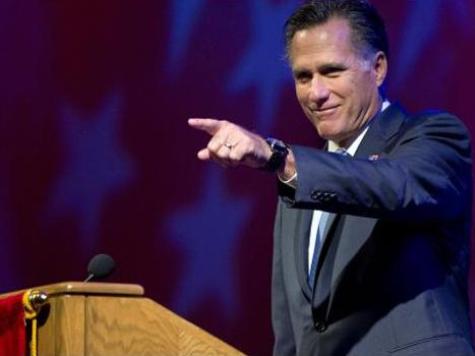
With the 2014 midterm elections behind us, pollsters and pundits have turned their attention to the 2016 presidential election. Quinnipiac and Rasmussen have released national polls of the nomination contests, while Bloomberg has surveyed the New Hampshire primary (Mitt’s their man). Polls at this stage feed a political crack-habit for pundits, but they are likely to bear little resemblance to the actual contest in two years.
In 1999, the last time Republicans prepared to succeed a two-term Democrat President in the White House, prominent DC politicians dominated the early discussions. Gary Bauer, then President of the Family Research Council, won the Presidential straw-poll at CPAC, an annual gathering of the conservative establishment. Weekly Standard editor Bill Kristol talked up Bauer’s candidacy, telling the Washington Post his campaign would “break the mold.”
Other notable potential candidates then included New Hampshire Sen. Bob Smith, publisher Steve Forbes, former Vice Presidential candidate Dan Quayle and Alan Keyes. These candidates, among others, took part in a conservative “vetting” process organized by movement leaders Paul Weyrich and Phyllis Schafly.
That process included issues that seem rather quaint today. Potential nominees were asked whether they called games of chance “gambling” or “gaming.” Candidates were also probed as to whether they would put a creche — a nativity scene — on the White House lawn during Christmas.
The two men who eventually vied for the Republican nomination in 2000, Texas Governor George W. Bush and Arizona Sen. John McCain, barely registered on the political radar at the time. This isn’t an aberration. Leading up to the 2008 contest, as Republicans prepared to succeed Bush in the White House, political discussions were likewise focused on many DC-centric politicians.
In 2006, Virginia Sen. George Allen won the CPAC straw poll. In 2007, Mitt Romney edged out then Kansas Sen. Sam Brownback to earn the nod of national conservative leaders. Romney won the CPAC straw poll in 2008 again, just hours before he folded his race for the GOP nomination.
This isn’t to single out CPAC and its straw poll necessarily. Rather, it is a gentle reminder that political discussions and prognostications today are heavily influenced by those politicians earning the most ink in DC political circles. These discussions guide pollsters and influence the early results. Respondents are generally reacting to the names they’ve heard the most about. When campaigns actually begin and engage voters, the landscape can change very quickly.
The DC parlor game of which senator or well-known political activist leads a race that is years away is entertaining. Remember, though, that it is the equivalent of an NFL draft. The machinations of individual teams suggest results when the players eventually take the field, but they are a terrible indicator of the actual playoff picture.

COMMENTS
Please let us know if you're having issues with commenting.